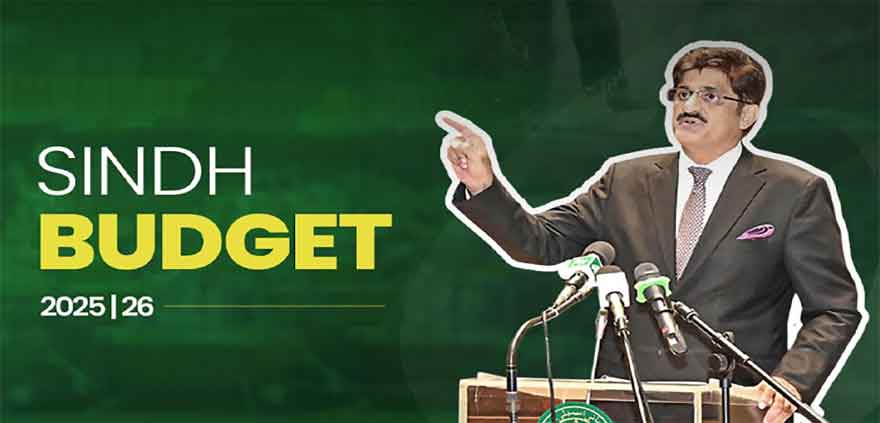Sindh Assembly passes Rs3,450bn budget for FY 2025-26
Business
Over 2,000 cut motions submitted by the opposition were rejected being accepted.
KARACHI (Dunya News) – The Sindh Assembly has approved a Rs3,450 billion budget for the fiscal year 2025-26, along with the Finance Amendment Bill.
Presented by Chief Minister Syed Murad Ali Shah, the budget is being described by the government as historic, providing major relief to the common man, small traders, farmers, and service providers.
According to the Finance Amendment Bill, services provided by parliament, assemblies, local representatives, judges, and tribunal members will now be exempt from sales tax.
In addition, export processing zones and special economic zones have been granted tax relief.
Private housing schemes will also benefit from tax exemptions on houses built on plots up to 10,000 square feet.
The bill provides tax exemption on health and life insurance policies up to Rs500,000, as well as on Hajj and Umrah travel services.
Approved universities and research institutions will also not face any tax burden.
However, certain sectors will still have to shoulder taxes.
These include a 3 per cent tax on vehicle transactions, 8 per cent on real estate activities, and 3 per cent on foreign exchange services.
A 19.5 per cent sales tax will remain on services like CCTV cameras, tracking devices, Wi-Fi, broadband, alarm systems, and telecommunication.
Meanwhile, a 3 per cent tax will be imposed on coaching centers, call centers, helplines, and private educational institutions charging more than Rs500,000 per year.
Under the Sindh Hari Card program, Rs8 billion will be disbursed to support farmers, with large landowners receiving an 80 per cent subsidy.
The Chief Minister also announced cuts in taxes on online ride-hailing and bus services. Agricultural cesses like drainage cess and local cess have been removed, and tax relief has been given on agricultural insurance and storage facilities.
The annual tax on commercial vehicles has been slashed to just Rs1,000.
To boost the entertainment sector, the budget has completely abolished entertainment duty. This means no taxes will apply to theatres, cinemas, water parks, and cultural events.
The Assembly passed all 188 demands for grants presented in the budget session.
Over 2,000 cut motions submitted by the opposition were rejected, with only one motion—regarding allowances for judiciary employees—being accepted.



